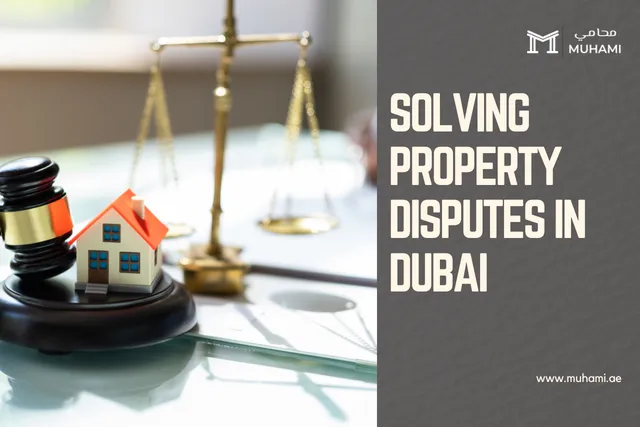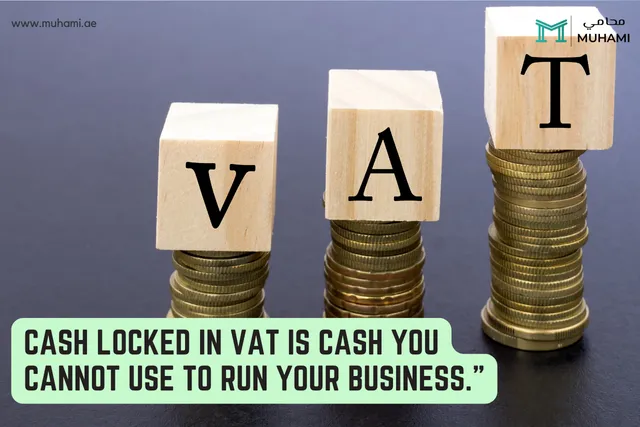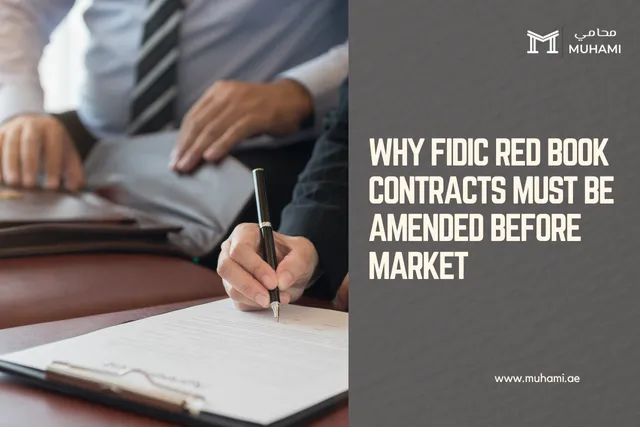Sudan's Investment Landscape: Navigating Opportunities Amidst Challenges

Q: Can you give us a snapshot of Sudan’s geography, economy, and culture? What's unique about this country?
A: Sudan is exceptionally diverse in climates, languages, cultures, religion and ethnicities. It is situated in Northeast Africa and is the third largest country on the African continent having international borders with seven different states. The River Nile passes through the country from south to north in addition to having an eastern cost on the Red Sea, making Sudan a center of Middle East, Africa and international markets.
Q: What are the languages of Sudan?
A: The official language is Arabic. English is widely spoken, as well as other indigenous African languages.
Q: What is the legal system of Sudan?
A: The Sudanese legal system is a mixture of Sharia Law and British Common Law.
Q: What are the key industries and sectors driving economic growth?
A: Natural resources and mining, agriculture, livestock, transport and industry. Sudan is the world largest producer of Arabic Gum and one of the largest gold producers.
Q: How welcoming is the investment landscape for foreign investors?
A: Sudan’s Investments Law of April 2021 prohibits discrimination against foreigner investors and presents benefits and incentives to national and foreign investors.
Q: How is Sudan's economy holding up amidst the turmoil of the 2023 war? What challenges and shifts are shaping the economic landscape today?
A: The ongoing crisis in Khartoum and the prolonged conflict have brought production to a standstill, as companies and factories across the capital have shut down their operations. This disruption has forced many traders and investors to flee, seeking safer ground in Sudan's more stable regions. As a result, states like Al-Qadarif, Kassala, and Port Sudan in eastern Sudan, along with the Northern State and River Nile State, have witnessed a surge in economic activity. These areas have become thriving hubs of commerce and investment, benefiting from the influx of businesses and capital that once fueled Khartoum's economy.
Moreover, Port Sudan, situated 800 km northeast of Khartoum along the Red Sea coast, has effectively become the country’s de facto capital. Following the relocation of several ministries, diplomatic missions, and key investors, the city has emerged as a vital hub for international travel, connecting both air and sea routes.
Q: What are the legal requirements for business setup?
A: The steps and requirements will differ depending on the type and activity of the business, as well as nationality of the shareholders. We can summarize the common steps as follows:
- Application to the Commercial Registry: Obtaining a preliminary approval, drafting and filing notarized memorandum of association, filing filled in application forms.
- Renting office space.
- Obtaining tax identification number (TIN)
- Registering for VAT
- Opening Zakat file
- Creating Company Seal
- Registration in Importers and Exporters Register in the case that the business activity involves importing and exporting
Any Questions?
Connect with lawyers and seek expert legal advice
Share
Find by Article Category
Browse articles by categories
Featured Partnership
Lawcloud
LawCloud: All-in-One Legal Practice Software
Related Articles

Solving property disputes in Dubai
A practical, step by step guide: Two things decide how a property dispute en…

Solving property disputes in Dubai
A practical, step by step guide: Two things de…

Cash locked in VAT is cash you cannot u…
A practical guide to reclaiming VAT on commercial real estate in the UAE Two…

Cash locked in VAT is cash you cannot use to run …
A practical guide to reclaiming VAT on commercial…

Why FIDIC Red Book Contracts Must Be Am…
Introduction For Owners and Contractors in the UAE, the unamended FIDIC Red …

Why FIDIC Red Book Contracts Must Be Amended Befo…
Introduction For Owners and Contractors in the…
